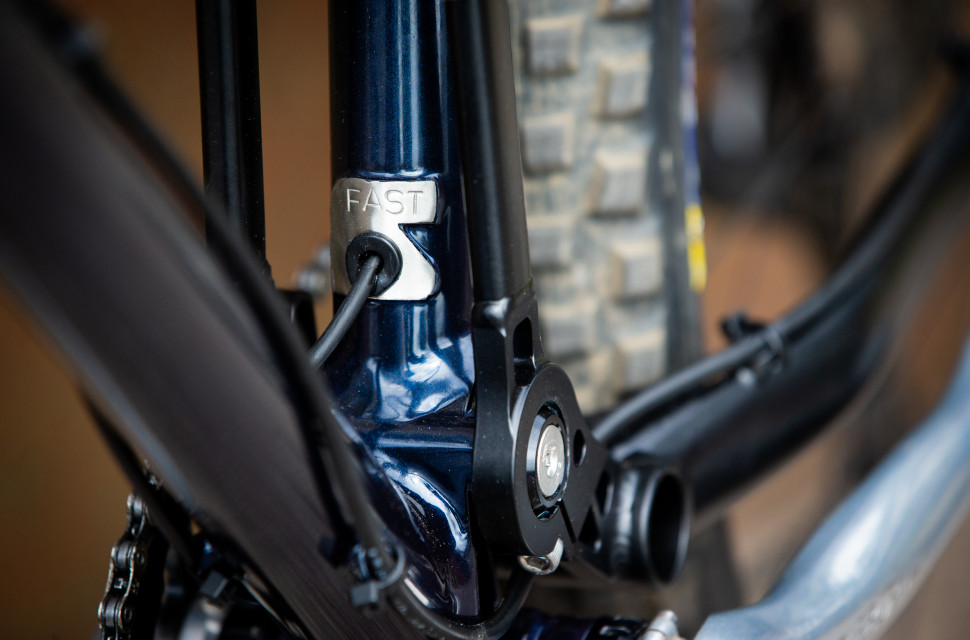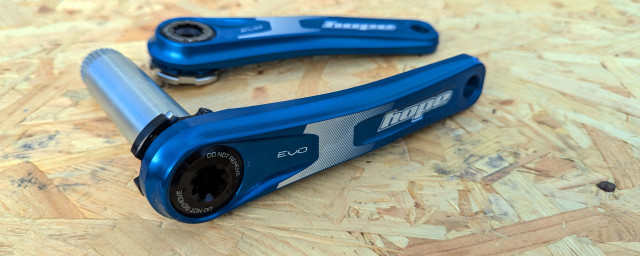Starling Cycles publishes environmental footprint assessment and policy

Bristol-based steel frame specialist, Starling Cycles recognises that, as mountain bikers, we spend an awful lot of time enjoying our environment and that it's important to keep any negative impacts through bike manufacture to an absolute minimum. With that in mind, Starling has created an Environmental Footprint Assessment and Policy to help understand and reduce the affect its products have on the environment.
- We talk with Starling Cycles about thermoplastic carbon
- Great British bike brands made right here in the UK
- We talk DATUM tech with DIGIT BIKES' Tim Lane
Starling Cycles wanted to cover every aspect of the company in this assessment, so that includes not only what goes on internally, but also how Starling's suppliers operate.
The brand uncovered the impact of how frames were transported around the world. Starling relies on air freight to ship its product, which produces notably higher carbon emissions than that of sea travel. Transporting frames this way is time-efficient and comparatively cheap but the brand is committed to operating with sustainability in mind, so this is a point that will be looked at moving forwards.
Starling Cycles uses 14 components suppliers and, of all of those, there's only one that has some kind of written assessment and policy; Öhlins. Subsequently, each of the 13 brands that don't have a substantial policy has been approached and encouraged to follow Starling's lead.
Reynolds Tubing supplies all of the tubing that makes up a Starling Cycles frame and after being approached regarding an assessment and policy, the tubing brand was positive, says Starling. Now, using Starling Cycle's approach as a template, Reynolds Tubing has its own policy, working hard to create a transparent assessment of its impact as well as writing up actions to make improvements.
While producing the report, Reynolds has helped Starling to identify that all of the tubes it uses comes initially from recycled steel. Reynolds Tubing's Environmental Impact Study can be found here.
Included in this assessment, Starling states that a Life Cycle Analysis of bicycle frames was made by the National Composite Centre to compare the environmental impact of the manufacture of bikes frames made from steel, thermoplastic carbon composite, and epoxy carbon composite. It was found that the energy used for manufacturing of a Starling steel frame is 16 times less than what's used for a typical carbon frame. There's then the repairability, toughness, and longevity of steel which presents a significantly less environmentally damaging solution, says the report.
With Starling's assessment now complete, the brand has landed on three main points. The first is that Starling needs to reduce its reliance on air freight for shipping materials into the workshop and finish products out to customers. Secondly, suppliers need to create such a policy, and the third point; the brand stresses that this is the first step in a larger process and there's still a lot of work to be done.














